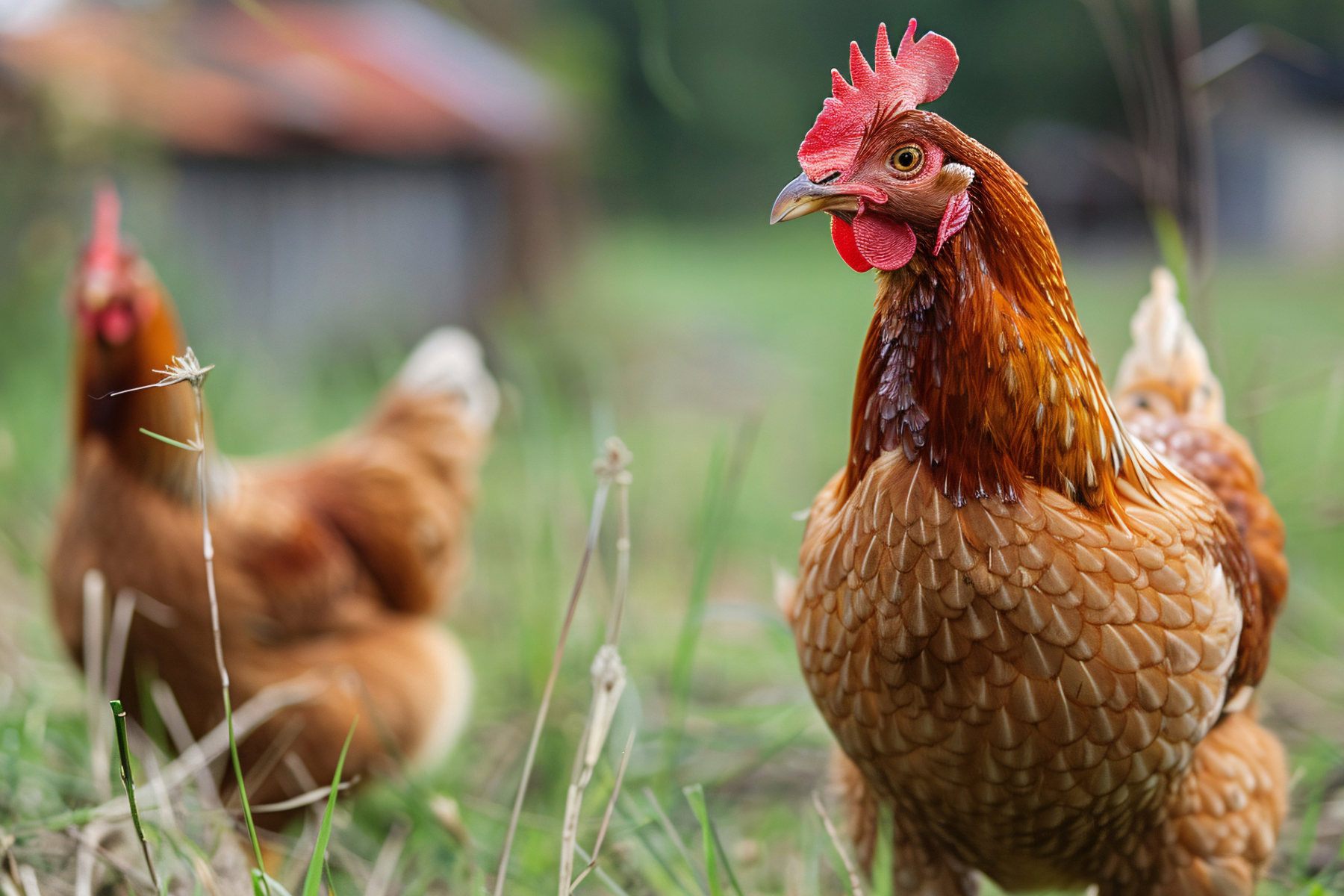Keeping of Animals Bylaw

Update: The submission period has now closed. Verbal submissions will be heard by elected members end of February 2025. We will update this page as the project progresses.
We’re proposing a new Keeping of Animals Bylaw to help manage issues caused by animals in our community.
We want to hear what you think! Your feedback will help us create a bylaw that works for everyone.
Why do we need this bylaw?
The purpose of this bylaw is to ensure that animals like bees, pigs, poultry, livestock and cats are kept in a way that doesn’t harm people’s health or cause other problems. We want to address common concerns such as:
- Animal noise and odours
- Animals getting into rubbish or gardens
- Feral, wild, and abandoned cats
- Unwanted litters of cats
- Animal droppings on footpaths
- Animals wandering onto private or public property and causing damage
- Poultry without proper housing or care
What does the bylaw propose?
Some of the key rules in the proposed bylaw include:
- Cats must be desexed and microchipped
- Animals like bees, chickens, pigs, and horses should not cause a nuisance, harm public health, or damage property
- Horse droppings in public places within residential, commercial and industrial zones must be cleaned up
- Roosters are not allowed in residential or commercial areas
The proposed bylaw does not include dogs, which are regulated separately under the council’s Dog Management Policy and the Dog Management Bylaw 2018.
You can find detailed information in the full Statement of Proposal.
How can I have a say?
Share your feedback by completing the online submission form here
You can also send us a written submission:
- By email: submissions@fndc.govt.nz
- By mail: Strategy and Policy Team, Far North District Council, Private Bag 752, Kaikohe 0440
- In person: Drop your submission at any Far North District Council Service Centre.
Alternatively, you can request to share your feedback verbally by emailing us at submissions@fndc.govt.nz. Verbal submissions are scheduled for 27 November. You can speak in person or virtually.
We must receive your feedback by 5pm 18 November 2024.
Note: Anyone is invited to submit feedback on this consultation, whether as an individual or on behalf of an organisation, however, any submissions that are out of scope, offensive, inappropriate, or late may not be accepted by the council. You will be notified if your decision is not accepted and, where appropriate, invited to resubmit.
Any submissions that are made will become part of the public consultation process. The collection and use of personal information by the Far North District Council is regulated by the Privacy Act 2020. Please note that your submission or a summary of your submission will be treated as public information and may be published on the council's website and made available to elected members and members of the public as part of the consultation process. Your name and contact details (address, phone number, email) will only be used for administrative purposes - such as the council contacting you to update you on the outcome of this consultation and letting you know about future consultations.
Questions and Answers
The council is proposing this bylaw to provide clear and consistent guidelines for managing issues related to the keeping of animals (excluding dogs). It will help ensure that animal ownership and care are balanced with the well-being of the wider community, promoting responsible animal management and maintaining a safe and healthy environment for everyone.
Over the years, we’ve received numerous requests from the community, as well as from animal and wildlife groups, to address issues related to stray and feral cats. Desexing cats helps reduce unwanted litters and the number of stray cats, which cause nuisance and damage to property. It also makes cats less likely to roam and get into fights.
Microchipping, along with registration with Companion Animals NZ, ensures your cat can be identified and returned to you if lost, and helps distinguish owned pets from stray or feral cats.
This bylaw applies to cats four months and older. Cats registered for breeding or those with a medical exemption from a vet will not be required to be desexed. Funding is available through various services to help meet desexing and microchipping requirements.
No, dogs are not included in this bylaw. Dogs are regulated separately under the council’s Dog Management Policy and the Dog Management Bylaw 2018.
Yes, many councils across the country have bylaws that regulate and control animals. These bylaws help councils minimise nuisances and address health and safety concerns. A bylaw established under the Local Government Act gives councils the authority to manage issues related to nuisance and public health effectively.
- Consultation on proposed bylaw: 23 September to 18 November 2024
- Verbal submissions: 27 November, 4 December (reserve day)
- Decision report to council: TBC

